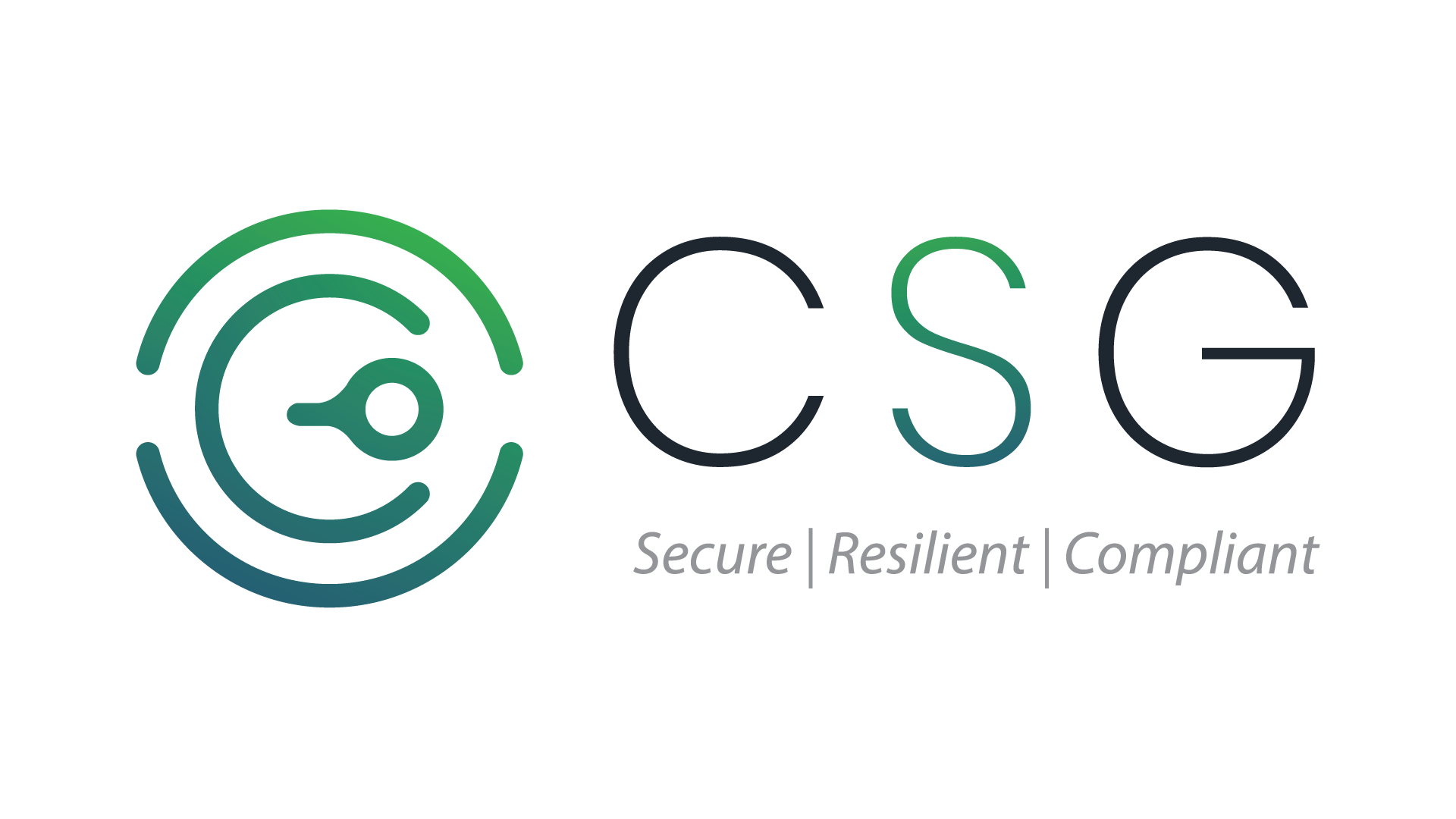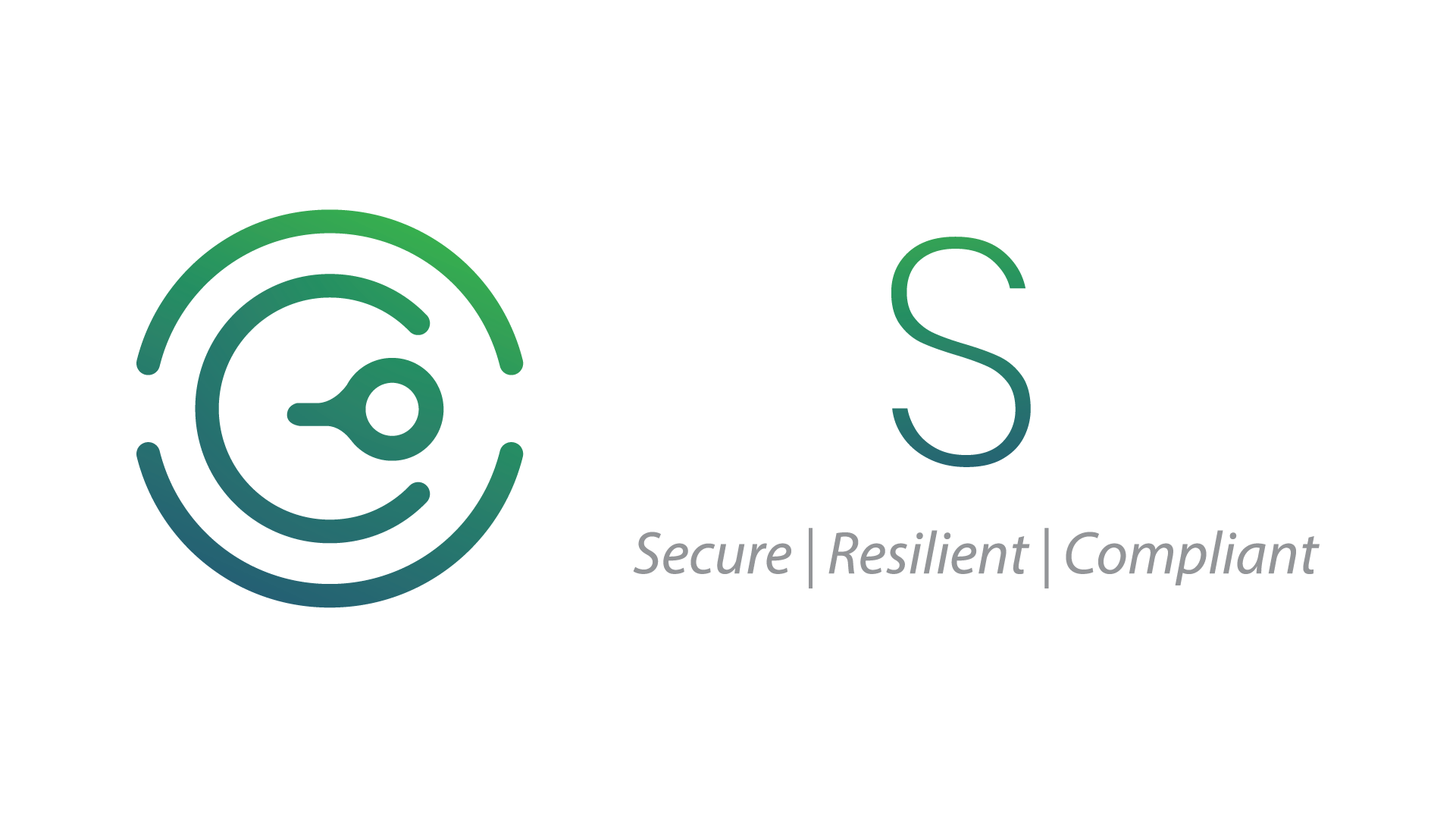
Business Continuity Planning for Saudi Enterprises: A 2025 Guide
From cyberattacks to system failures and regional disruptions, Saudi businesses face growing risks that could halt operations and cost millions. In today’s interconnected digital environment, downtime isn’t just inconvenient — it’s a serious liability.
That’s why every enterprise in Saudi Arabia needs a robust Business Continuity Plan (BCP) — not just to comply with frameworks like SAMA or NCA, but to safeguard customers, data, and reputation.
This guide walks you through why BCP matters, what it includes, and how to create a practical, compliant, and resilient plan for 2025 and beyond.
2. What is Business Continuity Planning (BCP)?
A Business Continuity Plan outlines how a company will continue operating during and after unexpected disruptions. It includes detailed procedures for:
- Disaster recovery
- Communication
- Role responsibilities
- Backup and restoration
- Emergency procurement or staffing
The goal is to ensure minimum downtime, data integrity, and customer confidence — even under stress.
3. Why BCP Matters in Saudi Arabia
Saudi Arabia is at the forefront of digital transformation under Vision 2030, with significant investment in fintech, e-governance, and smart infrastructure. This makes enterprises more vulnerable to:
- Cyberattacks (ransomware, DDoS, malware)
- Natural events (flooding, sandstorms, utility outages)
- Regional unrest or supply chain shocks
- IT system failures and data loss
- Insider threats and human error
Regulatory frameworks like SAMA, NCA, and ISO 22301 now expect formal business continuity planning.
4. Who Needs a BCP in KSA?
✅ Banks and fintech companies (SAMA-regulated)
✅ Healthcare providers and insurers
✅ Public sector and government vendors
✅ E-commerce, logistics, and digital service providers
✅ Critical infrastructure operators (energy, transport, water)
Even SMEs that rely heavily on cloud systems or customer portals should implement basic continuity plans.
5. Core Components of a Business Continuity Plan
✅ 1. Business Impact Analysis (BIA)
Determine:
- What services/functions are critical?
- What’s the acceptable downtime (RTO) and data loss window (RPO)?
- What’s the financial and operational impact of failure?
✅ 2. Risk Assessment
Identify and classify threats:
- Cyber threats
- Infrastructure breakdown
- Power or internet outages
- Vendor failures
- Physical disasters
Prioritize based on probability and impact.
✅ 3. Continuity Strategies
Develop clear strategies for maintaining operations:
- Remote work enablement
- Cloud backups and DRaaS (Disaster Recovery as a Service)
- Vendor redundancy
- Temporary site relocation or failover
✅ 4. Incident Response Plan
Define:
- Who takes charge in each type of incident
- Communication procedures (internal and public)
- Escalation pathways
- Tools and checklists for crisis response
✅ 5. Data Backup and Recovery
Ensure:
- Daily or real-time backups of critical systems
- Encrypted and tested offsite/cloud backup
- Defined restore points for each system
- Restoration timelines that meet RTO/RPO targets
✅ 6. Training and Awareness
Employees should:
- Know their roles in a continuity event
- Participate in BCP drills
- Report incidents proactively
Build continuity into the company culture.
✅ 7. Testing and Improvement
Test your BCP through:
- Tabletop simulations
- Recovery time tests
- Unannounced response drills
Update the plan regularly based on test results, audits, or changes in infrastructure.
6. Regulatory Expectations in Saudi Arabia
✅ SAMA Cybersecurity Framework
Requires banks and fintechs to:
- Have a documented BCP and DRP
- Test annually
- Ensure critical vendors have equivalent plans
✅ NCA ECC (Essential Cybersecurity Controls)
Mandates BCPs for public entities and critical infrastructure — with risk assessments, DR drills, and restoration plans.
✅ ISO 22301 (Optional Standard)
The global standard for Business Continuity Management Systems (BCMS). Recommended for larger or international organizations.
7. Common Mistakes Saudi Companies Make in BCP
❌ No clear ownership (no assigned crisis managers)
❌ BCP exists only on paper (not tested)
❌ Critical data is not regularly backed up
❌ Employees don’t know their roles
❌ No vendor contingency or contract failover clauses
❌ No consideration of regional-specific threats
8. How Centre Systems Group Helps Saudi Companies Build BCPs
We help you build custom, compliant, and effective continuity plans through:
✅ Business impact and risk assessments
✅ BCP documentation and role assignment
✅ Backup and DR infrastructure setup
✅ Incident response planning
✅ BCP training workshops
✅ Simulated disaster recovery drills
✅ SAMA and NCA audit preparation
Whether you’re a fintech startup or an enterprise in utilities, we help you ensure resilience, readiness, and regulatory alignment.
In Saudi Arabia’s high-growth, high-stakes environment, business continuity isn’t optional — it’s essential. A well-built BCP can mean the difference between a minor hiccup and a catastrophic loss.
At Centre Systems Group, we help you prepare for the worst — so your business can perform at its best, no matter what.
📞 Let’s future-proof your operations — start building your BCP with us today.
Frequently Asked Questions
How often should we test our BCP?
At least once per year. High-risk businesses may need quarterly tests.
Is BCP mandatory in Saudi Arabia?
Yes — for regulated sectors (finance, healthcare, critical infrastructure) and recommended for all.
Can we outsource BCP creation?
Yes — but your internal team must still be trained and responsible for execution.
What’s the difference between BCP and DRP?
BCP is broader — covering people, process, and communication. DRP focuses on IT/data recovery.



Leave a Reply